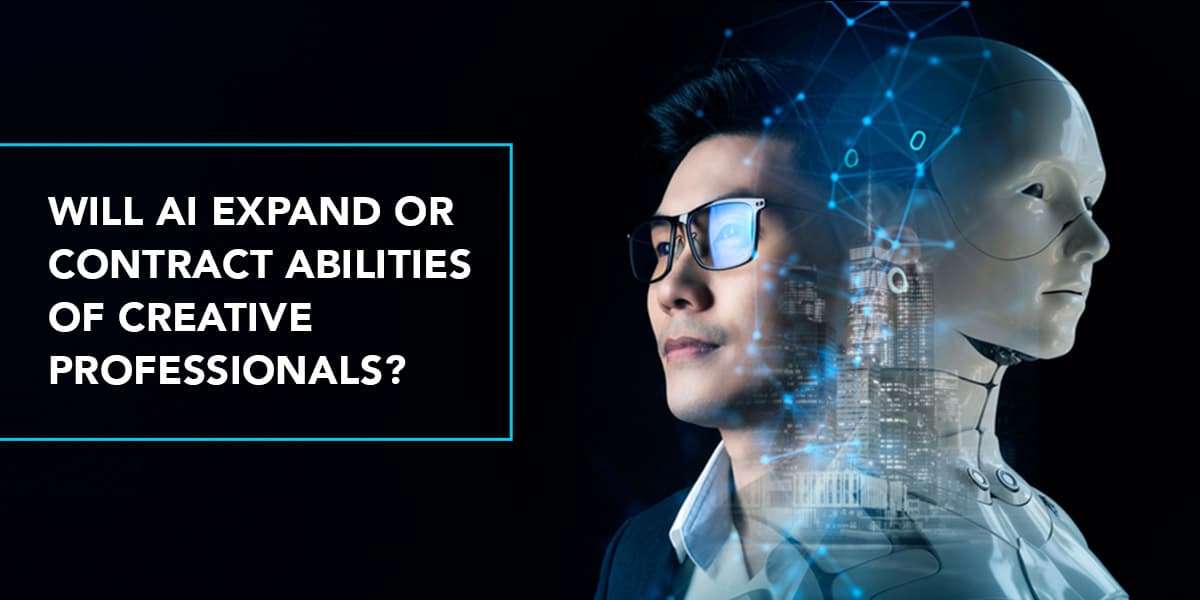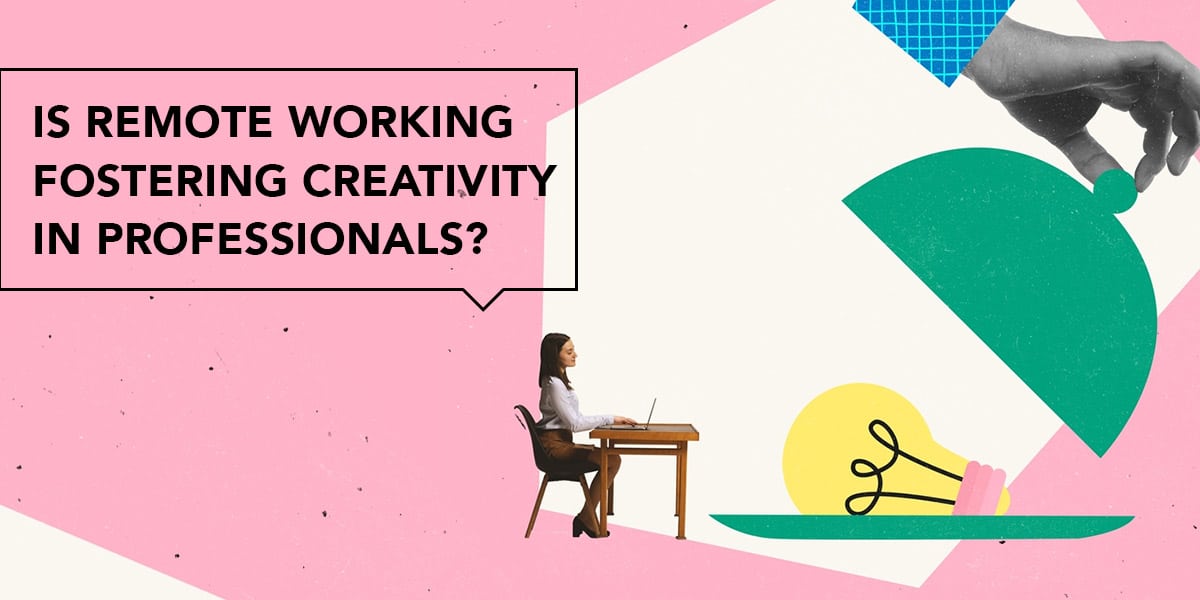
Will AI expand or contract the abilities of creative professionals
The advent of Artificial Intelligence (AI) has ushered in a new era of efficiency and innovation across industries. From automating routine tasks to generating creative content, AI tools have undoubtedly revolutionized the way we work. However, this technological advancement has also ignited debates about its potential impact on the abilities of creative professionals. Will AI expand or contract the abilities of creative individuals? In this blog, we will explore both aspects of the subject to gain a comprehensive understanding of the dynamics at play.
The Pros of AI in Empowering Creative Professionals
1. Enhanced Research Capabilities:
2. Efficient Content Creation:
3. Personalization and Customization:
4. Augmented Creativity:
The Cons of AI in Potentially Limiting Creativity
1. Dependency on Technology:
2. Depletion of Critical Thinking:
3. Lack of Human Touch:
4. Standardization of Artistic Expression:
AI tools tend to learn from existing data, which could potentially lead to a homogenization of artistic expression. The risk of conforming to popular trends may stifle individuality and result in a creative landscape that lacks diversity.
As we stand at the cusp of an AI-driven future, it is vital to recognize both the promises and challenges it poses for creative professionals. AI undeniably offers an array of benefits, from enhancing research capabilities to enabling efficient content creation. However, caution is required to avoid over-dependency, which may hinder the organic growth of creativity and critical thinking.
To preserve the unique human touch in creative works, creative professionals must embrace AI as a powerful tool rather than a substitute for their creativity. Combining the strengths of AI with the inherent ingenuity of human minds can lead to groundbreaking creations that resonate deeply with audiences.
Ultimately, AI’s impact on creative professionals depends on how it is embraced and integrated into the creative process. With the right balance, AI can propel creativity to new heights, allowing individuals to explore uncharted territories while still cherishing the essence of human expression. The future remains uncertain, but by acknowledging the potential pitfalls and working proactively to overcome them, we can steer AI towards expanding, rather than contracting, the abilities of creative professionals.
Think of the world in 2019. Seems like a decade ago, right? Covid brought about a series of changes in different aspects of life. It brought about a monumental shift in the corporate landscape. The biggest organizations in the world adopted a culture of remote working for their employees. This culture still thrives post-pandemic. As individuals experience the benefits of increased flexibility, improved work-life balance, and reduced commuting stress, there is a growing gravitation towards jobs that adopt remote or hybrid work structures.
There has been a mindset shift in the employers and employees as they acknowledge the benefits of remote/ hybrid work in increased productivity, emotional well-being, and job satisfaction. Like every coin has two sides, so does this subject. Remote working fosters creativity in professionals, although its impact can vary depending on various factors. Here are some ways in which remote working can contribute to creativity:



